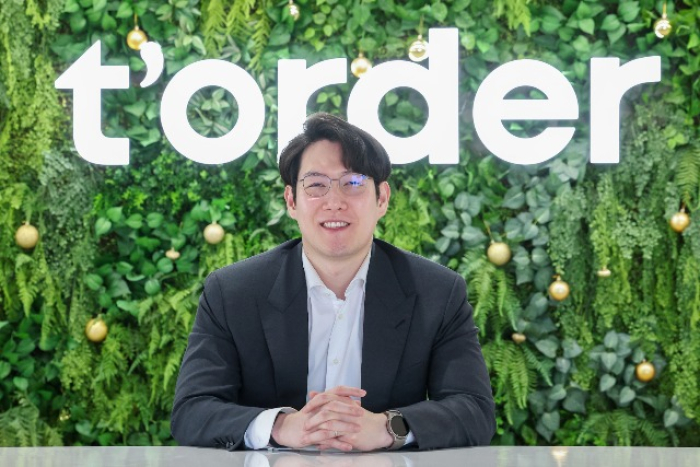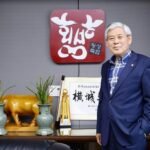
Mergers and acquisitions of South Korean startups halved in value in 2024 as conglomerates and Big Tech firms such as Naver Corp. and Kakao Corp. snapped a buying spree to shore up their financial health.
With the domestic IPO market stumbling, the narrowing exit window for startups kept venture capitalists from pumping money into fledgling companies.
The value of announced South Korean startup M&As stood at 223.1 billion won ($151.3 million) in 32 cases in 2024, according to The VC, a South Korean startup and venture capital tracker.
This year’s figure is half of the 450.1 billion won in 39 cases in 2023 and just one-tenth of 2.3 trillion won in 2022.
The average deal size in 2024 shrank in the absence of high-profile M&As and lowered startup valuations. Among the 2024 M&As, a deal valued at 10 billion won or more amounted to five.
Shinsegae International Inc.’s 71.3-billion-won purchase of Amuse Corp., a low-cost cosmetics brand, was the largest Korean startup M&A deal this year.
Viva Republica Inc. was the only Korean unicorn that acquired a domestic startup. It took over Saveit, a tax advisory platform. Viva operates fintech platform Toss and is valued at $1 billion or more.
This year, one in five domestic startups cut their valuations to attract new capital in the second straight year as of March.

SEED MONEY
To separate the wheat from the chaff, venture capitalists flooded to a handful of startups in the sectors of AI and specialty technology founded by those who had built a reputation with successful exits.
A total of 441 Koreans startups raised a combined 156.4 billion won in seed money, or an average of 350 million won. That compared with the prior year’s 228.9 billion won in 645 cases.
Humanoid robot maker Holiday Robotics, AI content developer AIZ Entertainment and OpenResearch, an AI-based search engine, were the only Korean startups that attracted seed funding at the 10-billion-won level respectively.
AIZ Entertainment was founded by Namkoong Whon, a former CEO of South Korea’s largest mobile platform Kakao Corp. He is regarded as a pioneer in the domestic online game industry.
Holiday Robotics raised the biggest seed funding of 17.5 billion won, or $13 million, among Korean startups this year, led by StoneBridge Ventures Inc.
It was launched in April by Song Kiyoung, the founder of Sualab, a machine learning-based smart factory service provider. He sold the venture company to Nasdaq-listed Cognex for $195 million in 2019.
“AI software and hardware controllers are the key to the development of humanoid robots. Holiday Robotics has a pool of talent who can catch two birds with one stone,” said Choi Dong-youl, a partner at StoneBridge Ventures
OpenResearch was set up by Kim Ildoo, a former CEO of Kakao Brain, where he led the development of the large language model KoGPT.

Among the M&As deals conducted between Korean startups this year was T’order’s purchase of iStay, a platform designed for the hospitality industry. T’order is a table ordering service platform.
Another outstanding deal was LBOX’s acquisition of CaseNote, a legal precedent search app.
A startup industry official said they sought out investment targets to create synergy, rather than venturing into new realms, with a focus on strengthening their financial structure.
According to the VC, 144 Korean startup shut dow this year as of the end of September. That compared with 119 failures in the year prior and 92 for all of 2022.
By Eun-Yi Ko
koko@hankyung.com
Yeonhee Kim edited this article.















